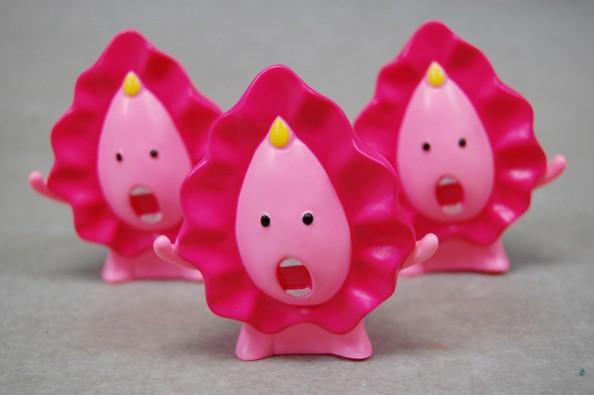
If you thought getting aroused in awkward situations was bad enough, imagine being constantly in that state. As appealing as the idea of regular orgasms and being ever ready to get down and dirty might seem, some people are affected by a persistent case of arousal.
Known as PGAD, or persistent genital arousal disorder, reports define the condition as a "persistent sensations of genital arousal in the absence of sexual stimulation or emotion, which are considered unwanted and cause the patient at least moderate distress."
Also read: Is sex the new cure to better sleep? Here's what recent studies say!
Even frequent masturbation and orgasms fail to provide any kind of relief to people affected by the disorder as they can feel genitally aroused even without being sexually excited, per se. Needless to say, the people carrying this constant state of arousal also internally carry a lot of shame.
Most diagnoses are quick to label these people as either sex addicts or just being hypersexual, but the one distinguishing factor separating PGAD from hypersexuality is that it cannot be essentially relieved and can go on for hours, day and even weeks at a stretch.
Dr David Goldmeier, a specialist in sexual medicine at St Mary's Hospital in London specialising in women with PGAD, told Metro.uk, "Sexual addiction can be a high level of desire. PGAD is a real disorder."
Apart from the social stigma attached to arousal, especially in case of women, the root cause of this disorder hasn't yet been discovered.

"There can be subtle damage to the pudendal nerve (the one that carries sensations in your genitals) and why that happens is not exactly known. Often, we can't pinpoint it," says Dr Goldmeier. "Because it's coming from the genital area the brain perceives it as genital arousal."
As for the people suffering from PGAD, often they are the topic of mockery or laughter, people not taking them seriously enough, even though they personally cannot wait to get rid of it, as Dr Goldmeier claims.
"They may orgasm spontaneously so it's obviously very distressing," he says. "They get highly anxious, depressed and some women have committed suicide because the condition just goes on and on."
And contrary to common assumptions, sex barely offers any relief. He says that "Most of them don't want a sex life at all. They want it turned off. Almost all of them don't want sex at all."
Sarah, a 45-year-old California native, spilled to Metro.uk that her symptoms started when she was six or seven years old, and reached a point eventually, where she had to masturbate frequently just to make the throbbing pain in her genitals go away.
"Having PGAD doesn't mean that we want to have sex all the time. It's a throbbing pain in my clitoris that won't go away," claims Sarah.
"It's that stimulating feeling you get right before an orgasm that constantly hangs around and makes you completely uncomfortable and miserable. You can't sit down because your clitoris is rubbing the chair and it makes you want to masturbate to ease the symptoms."
"I avoid contact with my husband because I am afraid he is going to touch me down there and it is going to hurt. Having a clitoris that is throbbing constantly causes extreme pain and I am very sensitive to the touch down there. As far as sex goes, there is no desire for me because it does nothing for me."

So that's one myth about constant arousal busted. It's in no seeming way a super convenience when it comes to one's sex life. "I travel with large ice packs that I put in between my legs to someone numb the pain," shared Sarah.
"[Masturbating] fills my body with a euphoria that is almost like getting high. But immediately after that, the sensation is still there."









!['Had denied Housefull franchise as they wanted me to wear a bikini': Tia Bajpai on turning down bold scripts [Exclusive]](https://data1.ibtimes.co.in/en/full/806605/had-denied-housefull-franchise-they-wanted-me-wear-bikini-tia-bajpai-turning-down-bold.png?w=220&h=138)



